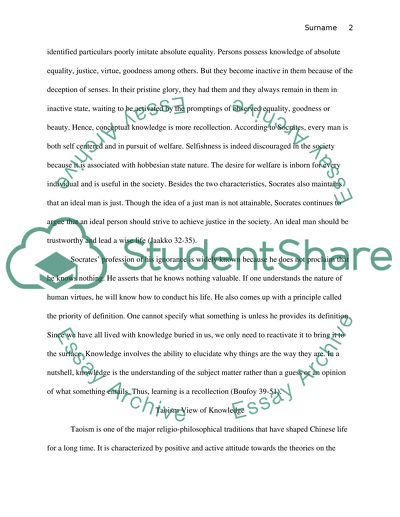Cite this document
(“Critical Exposition Essay Comparing Taoism to Socrates”, n.d.)
Retrieved from https://studentshare.org/philosophy/1454226-critical-exposition-essay-comparing-taoism-to
Retrieved from https://studentshare.org/philosophy/1454226-critical-exposition-essay-comparing-taoism-to
(Critical Exposition Essay Comparing Taoism to Socrates)
https://studentshare.org/philosophy/1454226-critical-exposition-essay-comparing-taoism-to.
https://studentshare.org/philosophy/1454226-critical-exposition-essay-comparing-taoism-to.
“Critical Exposition Essay Comparing Taoism to Socrates”, n.d. https://studentshare.org/philosophy/1454226-critical-exposition-essay-comparing-taoism-to.


